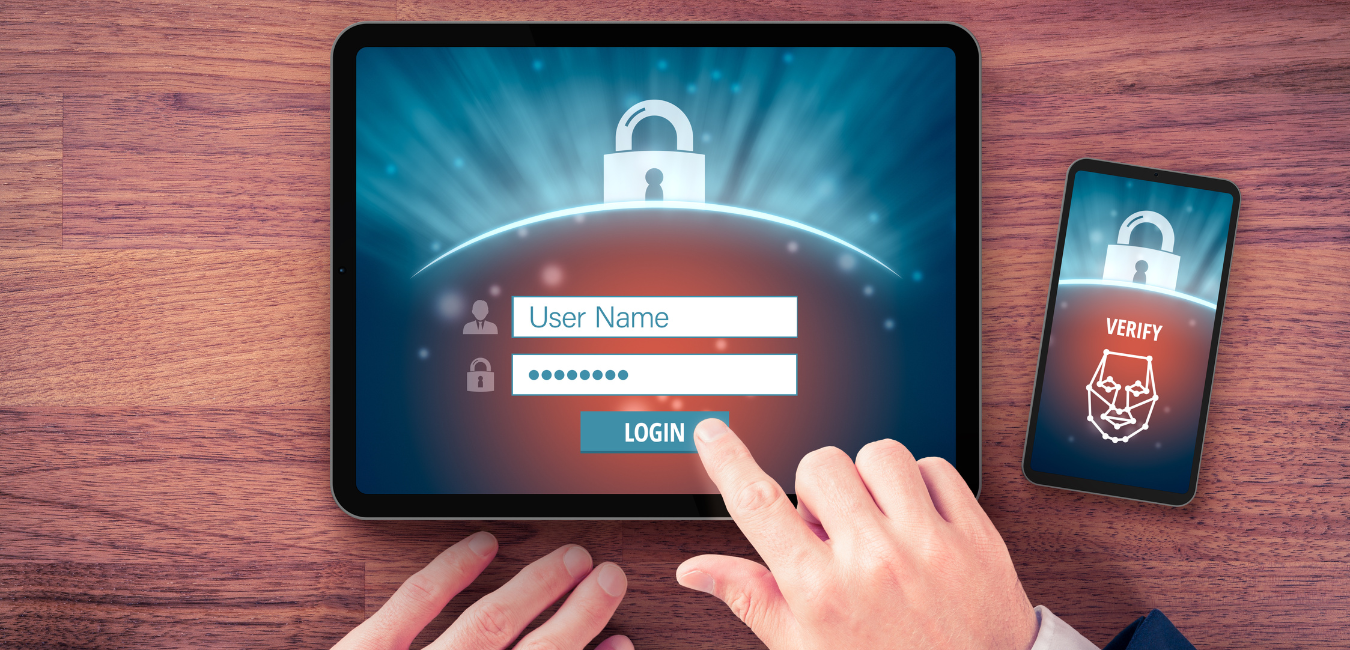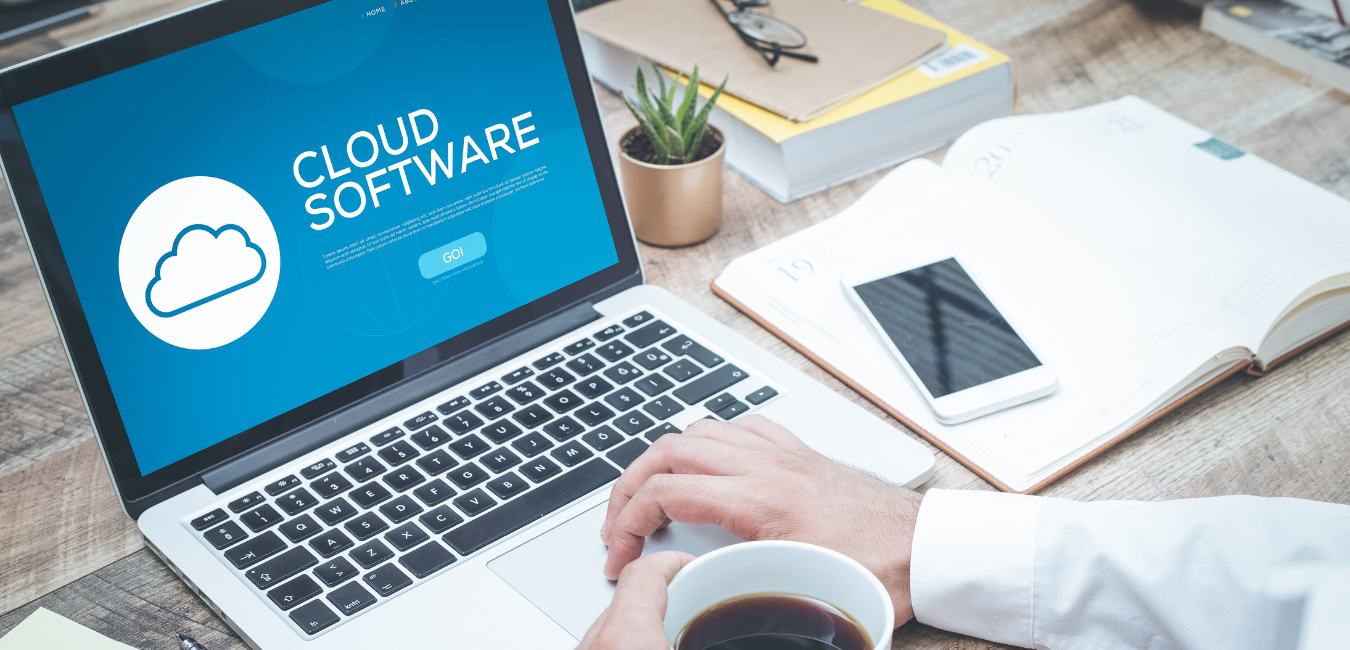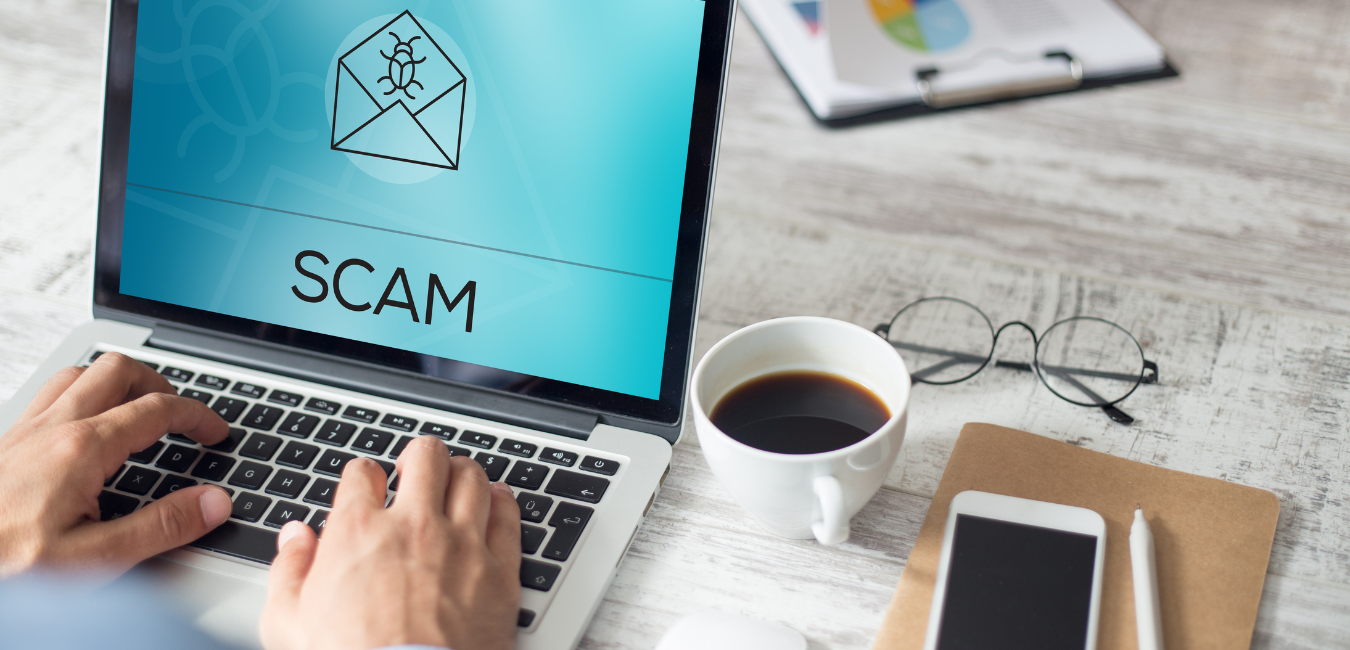
How do you keep accounting information secure?
In light of international computer security day (November 30th), we’ve put together this article to help you understand the importance of safe accounting software practices.
In this article, we answer the question ‘what does security mean in accounting’; as well as provide you with a variety of accounting software security measures to help you keep your clients’ data safe.
As an accountant, you have access to your clients’ private financial data and sensitive information – it is not just important to keep this data safe, it is a legal requirement.
Using your birthday as your password for your accounting software login, or sharing it over the phone with colleagues puts your clients’ data at risk.
Have we got your attention? Not to worry because this article will help you put in place some accounting information system security measures to strengthen the computer security in your practice, and ensure your clients’ data is safe.
So let’s update those birthday passwords…

It’s talked about time and time again, but it’s so important, so even though you’ve probably heard the “don’t use a weak password” spiel a bunch of times, we’re going to remind you anyway.
When considering accounting information system security measures, the first and foremost measure is being diligent with your passwords! This means, no more pet names or birthday passwords.
Nowadays, there are many measures you can put in place to ensure the safety of your passwords, thus the safety of your clients’ data.
So many people make the mistake of using the same password for everything because it is convenient – let's face it, who can remember 20 unique passwords? Nowadays, you can simply pick one strong password, then use a password manager to securely store the rest of your passwords.
The convenience of using your birthday as your password for everything isn’t worth the risk of leaking your clients’ financial information, is it?

The next thing you’re going to want to do to improve your accounting software security is set up a 2FA / 2 factor authentication login. Yes, that’s that security thing that pops up on your screen when you login to various apps, and you click “maybe later”.
Stop skipping that step! 2FA keeps your data safe as it adds an extra layer of security when logging into your accounting software system + all of your other applications.
This means that if someone were to get a hold of your password for some reason, they still wouldn’t be able to access your clients’ data as they would require the 2FA as well – this extra layer of security makes all the difference!
It’s safe, it’s convenient, and it’s easy to set up. Most applications offer 2FA, or you can also download a 2FA app (e.g. Google Authenticator), and your clients’ data will be safely stored. This is a key accounting information system security measure that you should be using.
And we use the word “should”, because when it comes to accounting information security, it isn’t optional to secure your clients’ data – it is mandatory.

When considering accounting software security measures, the next thing we recommend that you take a look at is how you and your team secure their laptops.
We’ve mentioned passwords and 2FA, but we’re now talking about simply locking and closing your computers.
If you have an office space, you probably have a security system to prevent computers from being physically stolen (at least we hope you do). However, if your team works in a shared office space, from cafes, or even from home, their computers (and therefore; data) might be at risk of being stolen.
Because of this, it is crucial that you and your colleagues lock and close their computers when not in use.
If you leave your laptop in your shared office space overnight, or you’re working in a cafe and go to the bathroom – logout and close your laptop, even if you’re away for just a few minutes, it is not worth the risk. You could face legal consequences if you fail to secure your clients’ financial data.

The days of printing out stacks of paper to sift through client data and highlight areas that need attention are long gone. And computer spreadsheets are quickly becoming less and less needed also.
Nowadays, you have access to intelligent, safe accounting software platforms that have strict computer security policies to keep your clients’ data safe – excel spreadsheets and paper files just aren't necessary anymore.
With smart, safe accounting software platforms like Aider and Xero, you can rest easy knowing that your clients’ data is safely stored using cloud computing. If your computer is stolen, or you accidentally spill a cup of coffee on it, you don’t have to worry about leaked or lost data. And you especially don’t have to worry about lost sheets of paper, or misconduct of information from employees or other people that might have access to printed files.
And if you still prefer to use spreadsheets, at least make sure you use a remote spreadsheet provider (e.g. Google Sheets or Microsoft Office 365) – not an old-school excel spreadsheet that is only saved on your computer. Save everything in the cloud.
But with systems like Aider and Xero, you really don’t need spreadsheets anymore. Just something to think about…

Our final suggestion to ensure the security of your clients’ financial data, is a reminder to always be wary! It might sound simple, but mistakes happen, scams happen and sometimes it’s unavoidable, but often it is avoidable!
Do everything you can to put in place these accounting information security measures to protect your clients’ data, and protect yourself. Stay up to date with scams happening in the news, and ensure that your staff are being vigilant with computer security.
In this article, we shared with you 5 accounting information system security measures that you can easily implement in your daily operations in order to protect and secure your clients’ data.
Regularly updating passwords, setting up 2FA, using smart and safe accounting software systems such as Aider and Xero, and generally being wary and vigilant, not only ensures the safety of your clients’ data, but also your own.
Don’t be careless with computer security, because it isn’t worth the risk.